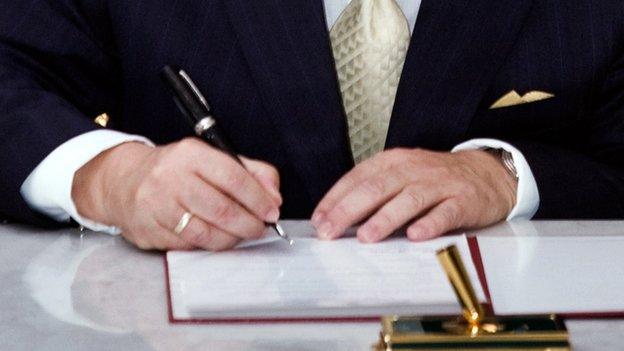EU referendum: British concerns resonate elsewhere in Europe
- Published
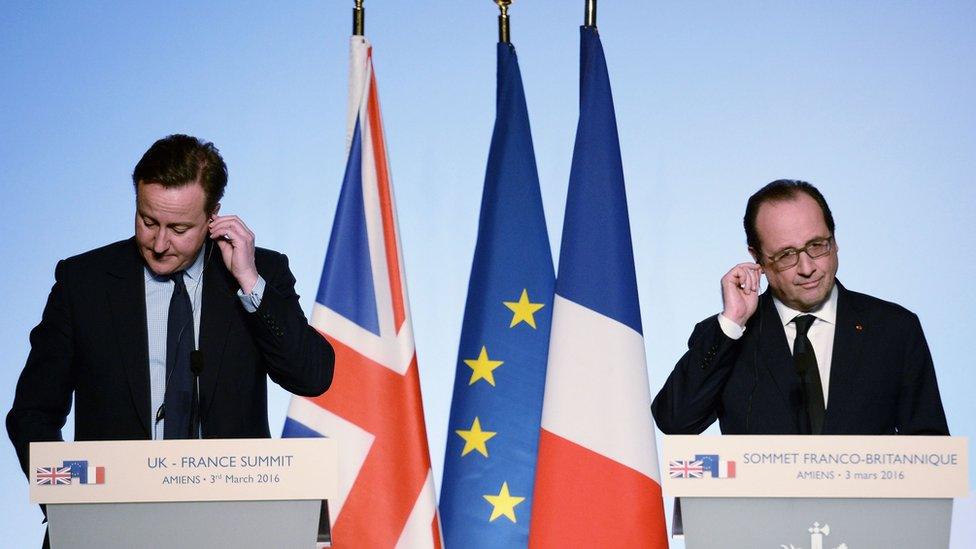
Is Britain an outsider when it comes to Europe?
In continental Europe the UK has often been cast as the spoiler, the renegade, the outsider - the island nation incapable of understanding the European idea.
History, it is often said, has taught the UK different lessons.
In his Bloomberg speech in January 2013, external, David Cameron said: "We have the character of an island nation: independent, forthright, passionate in defence of our sovereignty. We can no more change this British sensibility than we can drain the English Channel."
In recent years any outbreak of British exceptionalism would spark a torrent of angry headlines in other parts of Europe.
In December 2011, when David Cameron used his veto to try to block the fiscal pact, there were lots of references in the French press to "perfide Albion".
One paper declared at the time that "an ambiguity has been removed". It went on to say that the British have only ever been interested in the single market and the rest of the European project leaves them profoundly indifferent.
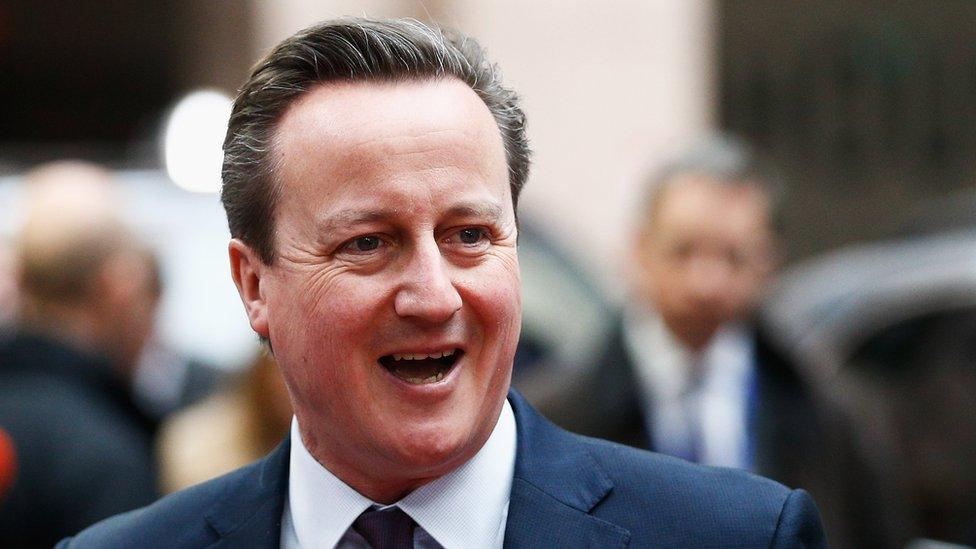
David Cameron has previously sparked angry headlines on the continent
Now, with a referendum pending, the headlines are much more cautious. The emphasis is less on what sets the UK apart and more on what binds Europe together.
The mood in much of Europe is defensive. Only a few weeks ago French Prime Minister Manuel Valls warned:, external "Europe could lose its historical footing and the project could die quickly."
A new survey, external shows many British concerns resonate in other parts of Europe.
The survey was carried out by the University of Edinburgh, external and the German think tank d/part, external, and funded by the UK in a Changing Europe, external - an initiative to bridge the gap between the EU and British voters. They spoke to 8,000 people in six European countries - Germany, France, Ireland, Poland, Sweden and Spain.
There was broad support for the UK remaining in the EU. In Spain, the figure was as high as 81%. The most lukewarm country was France with 56% support.
Interestingly, many of those interviewed wanted to hold their own referendums. The appetite was strongest in France at 53%. More surprisingly nearly half of those polled in Sweden, Germany and Spain also wanted a vote.
If that were to happen a sizeable majority in each of the six countries would vote to stay in the EU but a significant number (33% in France, 37% in Sweden and 27% in Germany) would opt to leave.
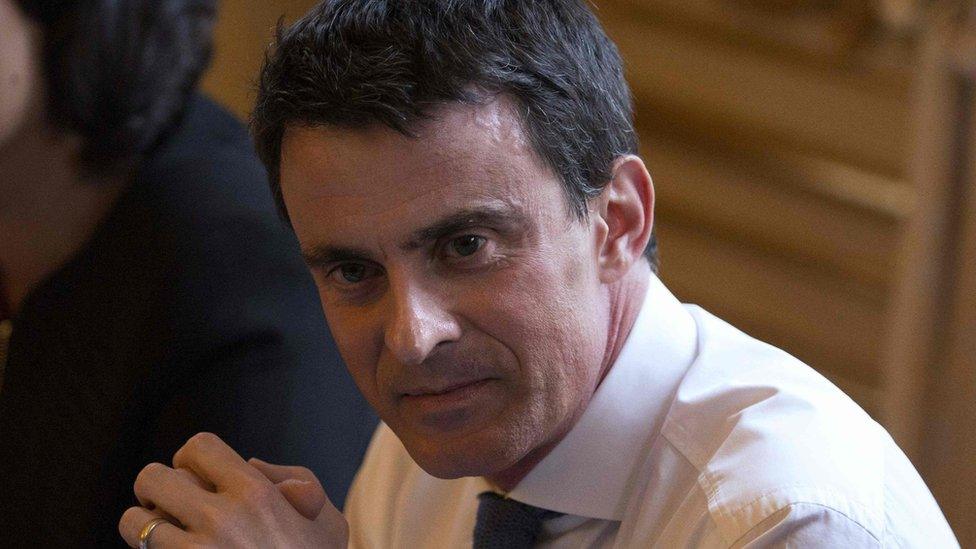
French PM Manuel Valls has said the UK leaving the EU would be a "tragedy"
On the British agenda, very small numbers actively oppose "ever closer union", but a majority of people in Poland, Spain and Ireland agree that national parliaments should play a stronger role in the EU.
A clear majority in Ireland and France are in favour of reducing access to welfare for EU migrants. There was general agreement across all six countries with the proposition that people should have to work for some time in a new country before receiving benefits.
And if the UK voted to leave the EU then nearly half of Germans surveyed would be in favour of the UK staying in the trading bloc with access to the single market. Only a quarter of the French agreed with that.
However, there was little inclination to grant the UK special privileges. Changes should apply to all member states.
In every country apart from France the idea of restricting freedom of movement was opposed.

Italian Finance Minister Pier Carlo Padoan says anti-EU parties are gaining a lot of support
What this survey indicates is that although the UK often frustrates there is a reservoir of doubt and scepticism across many other countries and that is why most papers and politicians in Europe are eyeing the referendum on 23 June with anxiety.
There is another factor at play: fear.
The President of the European Commission Jean-Claude Juncker has warned that a British exit could begin the unravelling of the EU.
Only this week, Italian Finance Minister Pier Carlo Padoan said he feared the domino effect had already started, external with anti-European Union parties gaining support.
The UK may be different but some of the issues it raises have strong echoes in other parts of Europe.
- Published26 May 2016
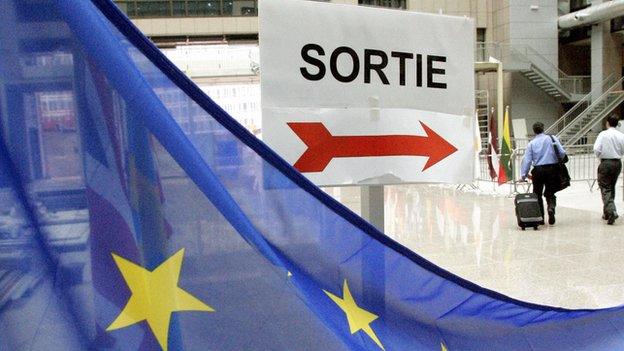
- Published30 December 2020

- Published1 February 2016
